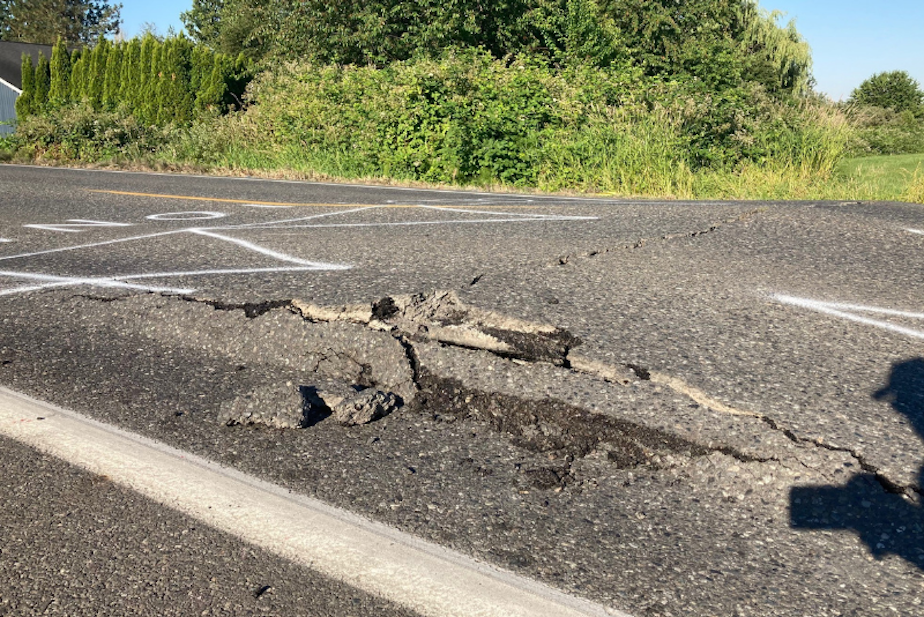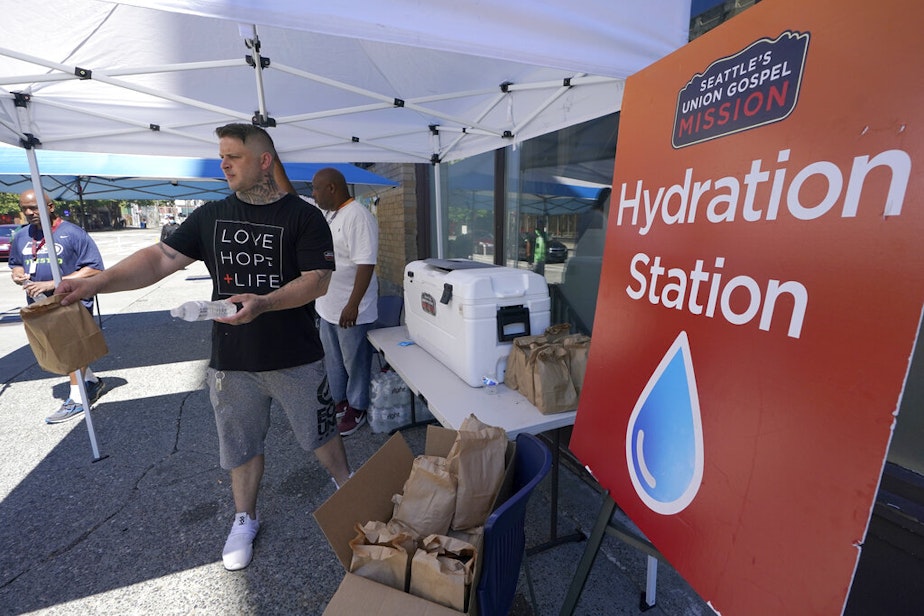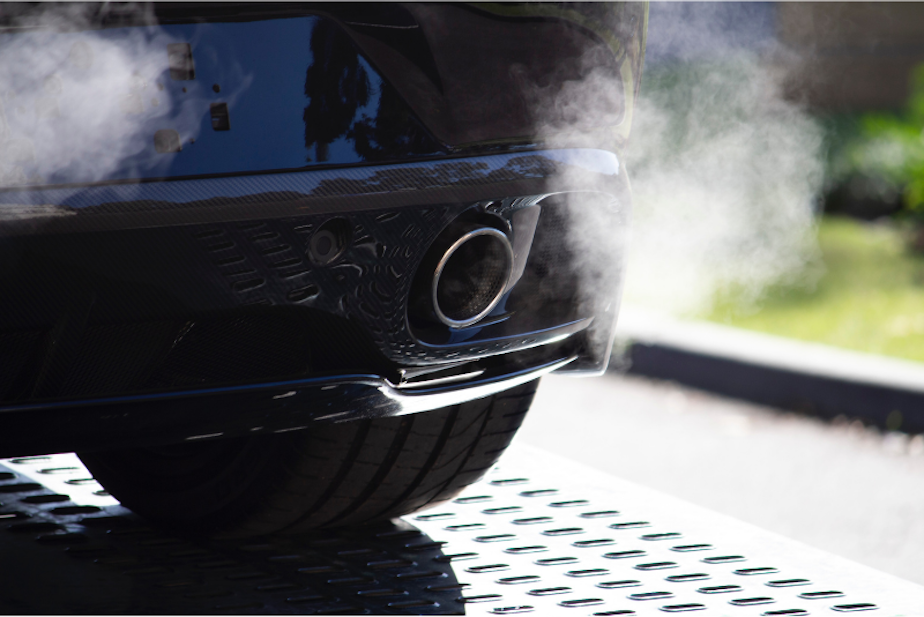How hot is too hot for Seattle?

How hot is too hot? Is there a scientific definition of a "heat wave" that applies all over the world? And how might our changing climate affect that?
Folks around western Washington may be asking such questions as the second heat wave of 2021 arrives in the Northwest.
KUOW asked Washington State Climatologist Nick Bond.
What turns heat into a heat wave?
Defining a heat wave can be arbitrary. There are no specific metrics that scientifically define it everywhere. For example, while some may not consider the 90-degree weather in Seattle this week a heat wave, Bond does.
"I would say with the [high of] 91 on Wednesday and a couple of days well into the 90s - yeah, this is gonna constitute a heat wave," he says. "And it's kind of sobering that we're having another significant one in the same summer that we had, of course, our record-setter."
He's referencing the deadly heat wave that struck the Pacific Northwest in June, when high temperatures exceeded 100 degrees for several days and broke long-held records.
Sponsored

How hot is too hot?
Speaking to KUOW's Morning Edition on Tuesday, Seattle Mayor Jenny Durkan took solace in the fact that her city was not expected to see triple-digits this week.
"[Highs in the 90s], while record-breaking for August in Seattle, we're used to in our summers," Durkan said. "So, we will be watching the weather but also doing all we can to make sure that we provide hydration for people, that we're checking in on people who are particularly vulnerable — whether that's our seniors or our unhoused neighbors — and that we're providing as many places for people to stay cool."
Bond says it's not just about the numbers, though. It's also about the tangible effects.
Sponsored
"When do people start having problems?" he says. "The National Weather Service found, of course, in normally hot places what constitutes a heat wave is different than normally cool places, like San Francisco and Seattle and so forth. And so, from that perspective, when it gets into the 90s here, we start seeing health impacts on folks."
That's why he's urging everyone to stay hydrated and find somewhere to stay cool if you can.

The latest report from the United Nations' intergovernmental panel on climate change has been described as a "code red" for humanity. Is there any hope?
Short answer: Yes.
Sponsored
Bond says the report details "the litany of horrors that we're facing," but there are definitely bright spots to encourage global action.
"If we do something about greenhouse gas emissions, we can do something about stabilizing temperatures," he explains. "We can't turn around the climate on a dime. But in something like 20 or 30 years, given global action, we can stabilize temperatures.'"
Other factors will be slower to respond, though. For example, glacial melting and resulting sea-level rise will take more time to correct.
"But there's a quote that I think kinda says it all," Bond says. "It's real. It's us. It's bad. And we have a choice."
Bond says there is broad agreement on that point, particularly here in Washington state.
Sponsored






